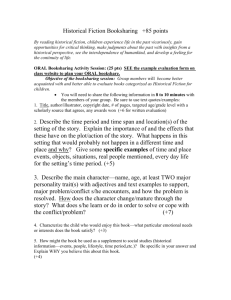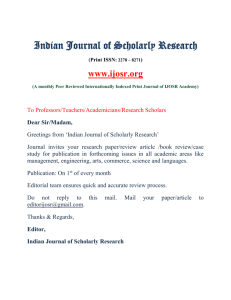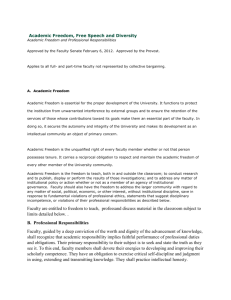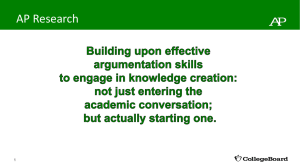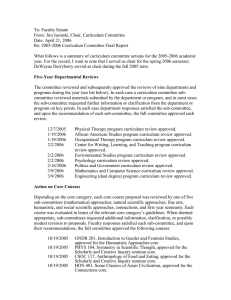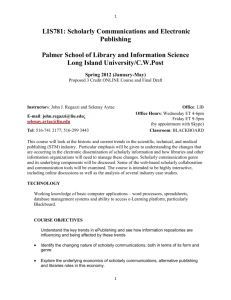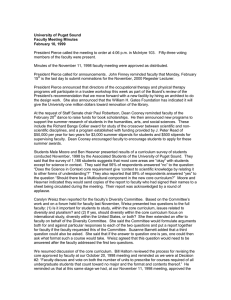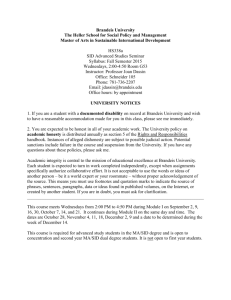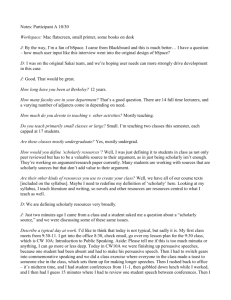Syllabus: critical texts
advertisement
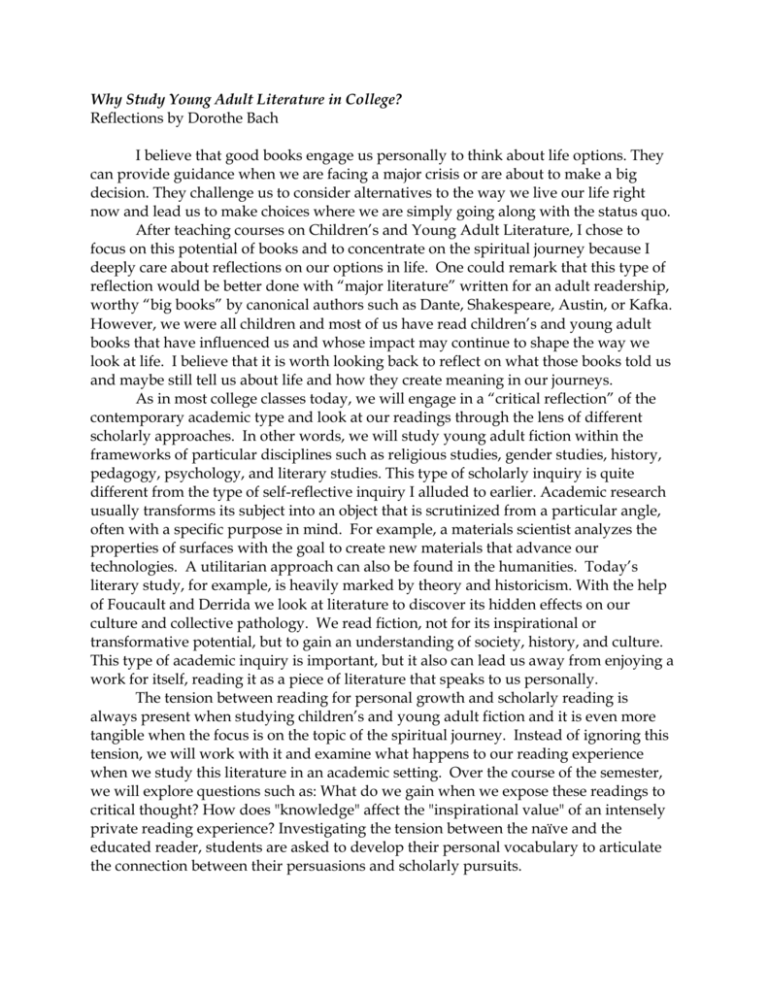
Why Study Young Adult Literature in College? Reflections by Dorothe Bach I believe that good books engage us personally to think about life options. They can provide guidance when we are facing a major crisis or are about to make a big decision. They challenge us to consider alternatives to the way we live our life right now and lead us to make choices where we are simply going along with the status quo. After teaching courses on Children’s and Young Adult Literature, I chose to focus on this potential of books and to concentrate on the spiritual journey because I deeply care about reflections on our options in life. One could remark that this type of reflection would be better done with “major literature” written for an adult readership, worthy “big books” by canonical authors such as Dante, Shakespeare, Austin, or Kafka. However, we were all children and most of us have read children’s and young adult books that have influenced us and whose impact may continue to shape the way we look at life. I believe that it is worth looking back to reflect on what those books told us and maybe still tell us about life and how they create meaning in our journeys. As in most college classes today, we will engage in a “critical reflection” of the contemporary academic type and look at our readings through the lens of different scholarly approaches. In other words, we will study young adult fiction within the frameworks of particular disciplines such as religious studies, gender studies, history, pedagogy, psychology, and literary studies. This type of scholarly inquiry is quite different from the type of self-reflective inquiry I alluded to earlier. Academic research usually transforms its subject into an object that is scrutinized from a particular angle, often with a specific purpose in mind. For example, a materials scientist analyzes the properties of surfaces with the goal to create new materials that advance our technologies. A utilitarian approach can also be found in the humanities. Today’s literary study, for example, is heavily marked by theory and historicism. With the help of Foucault and Derrida we look at literature to discover its hidden effects on our culture and collective pathology. We read fiction, not for its inspirational or transformative potential, but to gain an understanding of society, history, and culture. This type of academic inquiry is important, but it also can lead us away from enjoying a work for itself, reading it as a piece of literature that speaks to us personally. The tension between reading for personal growth and scholarly reading is always present when studying children’s and young adult fiction and it is even more tangible when the focus is on the topic of the spiritual journey. Instead of ignoring this tension, we will work with it and examine what happens to our reading experience when we study this literature in an academic setting. Over the course of the semester, we will explore questions such as: What do we gain when we expose these readings to critical thought? How does "knowledge" affect the "inspirational value" of an intensely private reading experience? Investigating the tension between the naïve and the educated reader, students are asked to develop their personal vocabulary to articulate the connection between their persuasions and scholarly pursuits.
